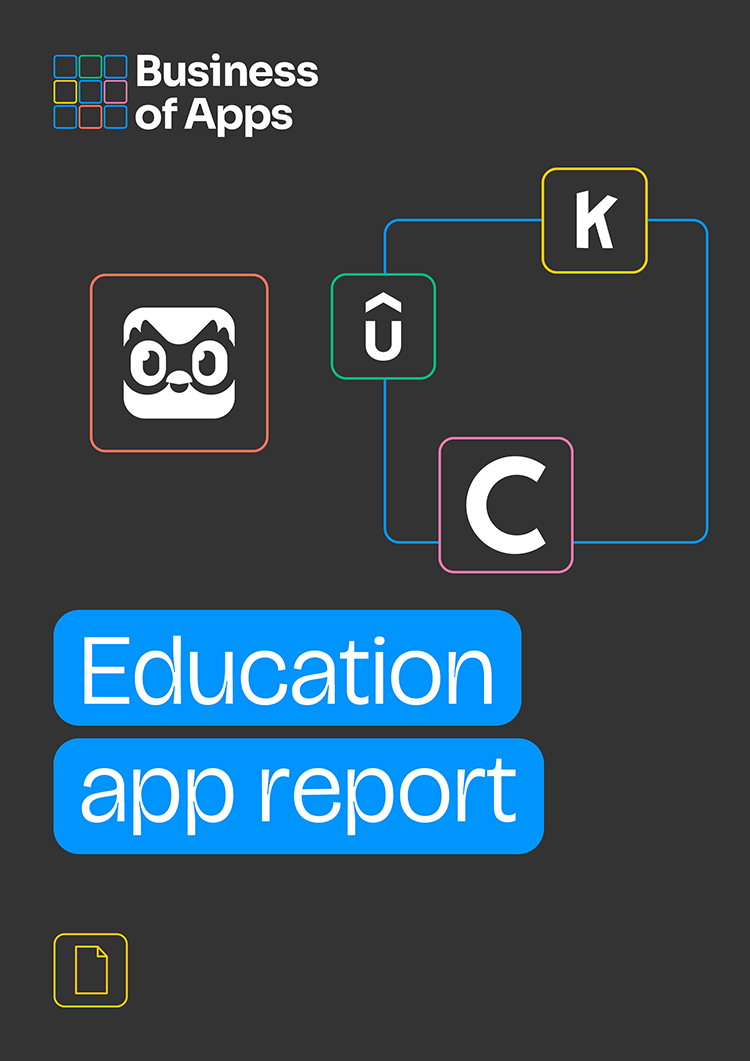Rise by Six: Your Daily Dose of Inspiration
Explore insights and stories that elevate your day.
Learning on the Go: How Apps Are Turning Playtime into Brain Gains
Discover how playful apps transform screen time into valuable brain gains for kids—unleash learning on the go today!
10 Must-Have Educational Apps for Kids: Learning on the Go
In today's fast-paced world, educational apps for kids are revolutionizing the way children learn. These apps make it possible for kids to engage with educational content anytime, anywhere, blending fun and learning seamlessly. Here are 10 must-have educational apps that ensure learning on the go:
- ABCmouse: An immersive platform covering various subjects for ages 2-8.
- Prodigy Math: A role-playing game that strengthens math skills through engaging challenges.
- Duolingo: A fun and addictive way to learn new languages with short, interactive lessons.
- Khan Academy Kids: Offers a diverse range of lessons and activities tailored for early learners.
- Epic: A digital library with thousands of books and audiobooks for kids.
These apps not only enhance learning but also cater to different interests and age groups. For example, Seesaw allows children to document their learning process and share their projects, while ScratchJr introduces young ones to coding in a playful manner. By incorporating these educational apps into daily routines, parents can help foster a love for learning that lasts a lifetime. Here are a few more to consider:
- Endless Alphabet: A fun way for kids to expand their vocabulary.
- BrainPOP: Engaging animated videos that explain various subjects clearly.
- Tynker: A coding platform that encourages creativity through programming.
- Starfall: Excellent resources for teaching reading and language arts.
- Minecraft: Education Edition: Incorporates creativity and collaboration in learning.

How Mobile Games Are Enhancing Cognitive Skills in Children
As the prevalence of mobile games continues to rise, many parents are beginning to recognize the potential benefits these games may offer to their children's cognitive development. Research has shown that mobile games can enhance various cognitive skills including problem-solving, memory, and attention spans. For instance, games that require players to make quick decisions can improve reaction times and support critical thinking. Additionally, certain puzzle games challenge children to strategize, analyze patterns, and develop their logical reasoning abilities, making them more adept at tackling real-world challenges.
Furthermore, mobile games often incorporate educational elements that promote learning in a fun and engaging way. Many of these applications utilize interactive gameplay to reinforce concepts such as mathematics and language skills. For example, vocabulary-building games may encourage children to expand their lexicons, while math-oriented applications can provide a unique twist on traditional learning methods. By fostering an enjoyable learning environment through gaming, parents can contribute positively to their children's cognitive growth while ensuring that they are developing essential skills necessary for academic success.
Are Learning Apps the Future of Playtime Learning?
In recent years, the rise of technology has significantly transformed how children engage in learning during playtime. Learning apps have surged in popularity, offering interactive and immersive experiences that traditional toys and games often lack. By incorporating elements such as gamification, personalized learning paths, and instant feedback, these apps not only appeal to children but also enhance their problem-solving skills and creativity. As a result, many parents and educators are beginning to embrace the idea that learning apps might be the future cornerstone of effective playtime learning.
However, while the advantages of learning apps are undeniable, it's crucial to maintain a balanced approach to children's playtime. Experts suggest that combining screen time with physical activities and social interactions is essential for holistic development. Thus, while learning apps can serve as valuable tools for educational enrichment, they should complement rather than replace traditional forms of play. In this dynamic landscape, the future of playtime learning may very well rely on integrating technology sustainably and harmoniously into children's lives.